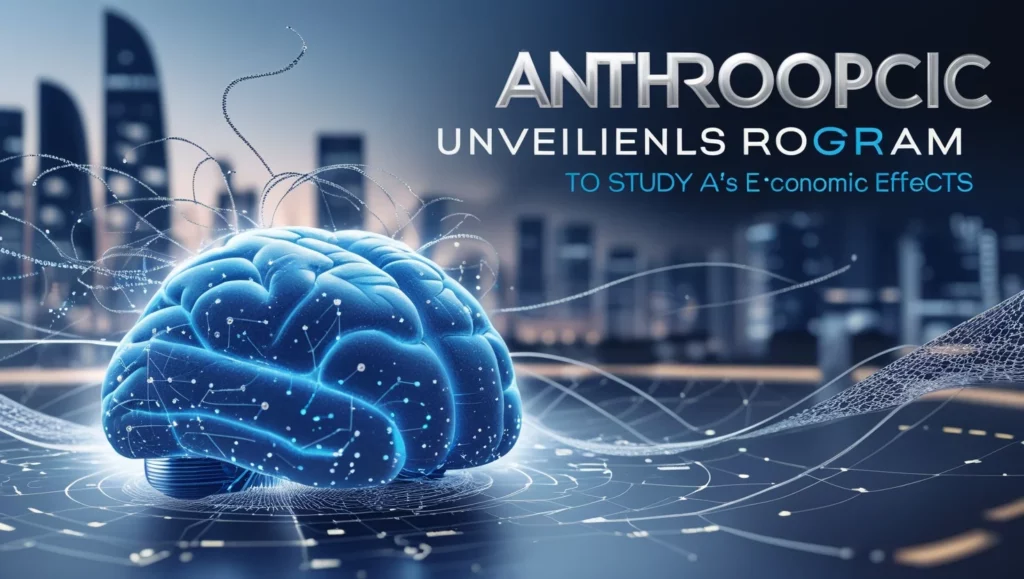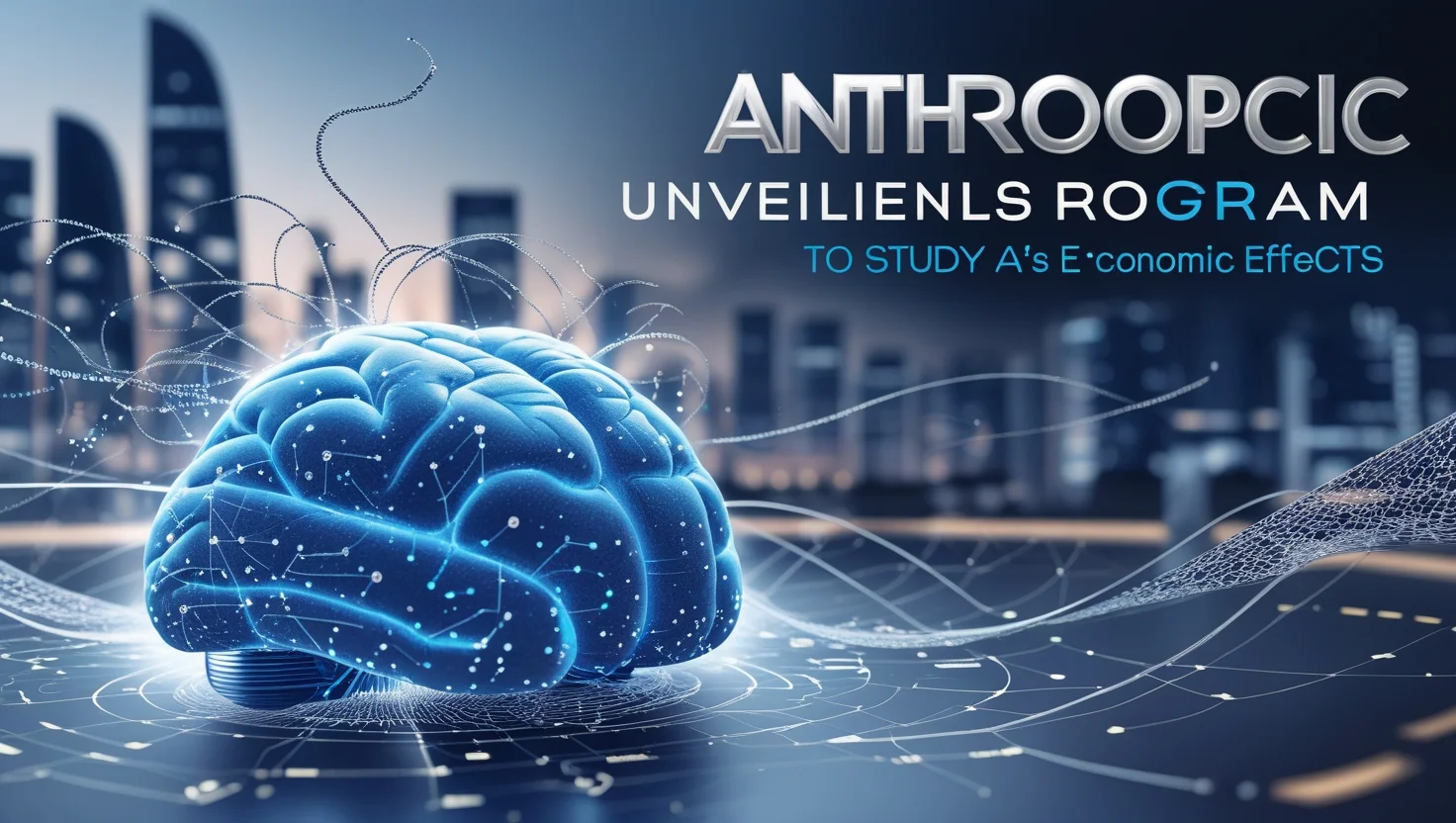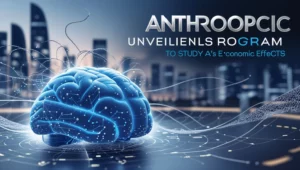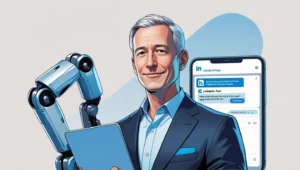Anthropic has announced a new initiative aimed at understanding how artificial intelligence will reshape the workforce and broader economy. The Economic Futures Program, revealed on June 27, will examine both the positive and negative impacts AI may have and develop policy ideas to prepare for the changes ahead.
Sarah Heck, Anthropic’s head of policy programs and partnerships, said it is crucial to ground these discussions in evidence rather than assumptions about what AI will mean for employment and economic growth. She stressed that the program is not starting from a set view, but is instead focused on learning what is actually happening as AI adoption accelerates.
Anthropic CEO Dario Amodei recently warned that AI could eventually eliminate up to half of all entry-level white-collar jobs and push unemployment rates to 20%. When asked whether the program would focus on reducing job losses, Heck responded carefully, noting that AI’s disruptions could bring both benefits and challenges. She added that if widespread job displacement occurs, it will be important to bring together experts to discuss solutions. On the other hand, if AI drives large economic gains, policymakers will need to consider how to manage that growth.
Recent studies have shown that while AI tools can boost worker productivity, they are still far from being able to fully replace humans in most roles. Researchers Boxuan Li and Yufan Song told PYMNTS that despite major investments in AI agents, there is still a long way to go before they can handle real-world tasks on their own.
At the same time, many workers remain concerned about AI’s impact. PYMNTS research found that over half of employees fear that generative AI could lead to significant job losses. Those familiar with AI technology were more likely to express this worry, showing the uncertainty and mixed feelings surrounding the rapid rise of smart automation.













